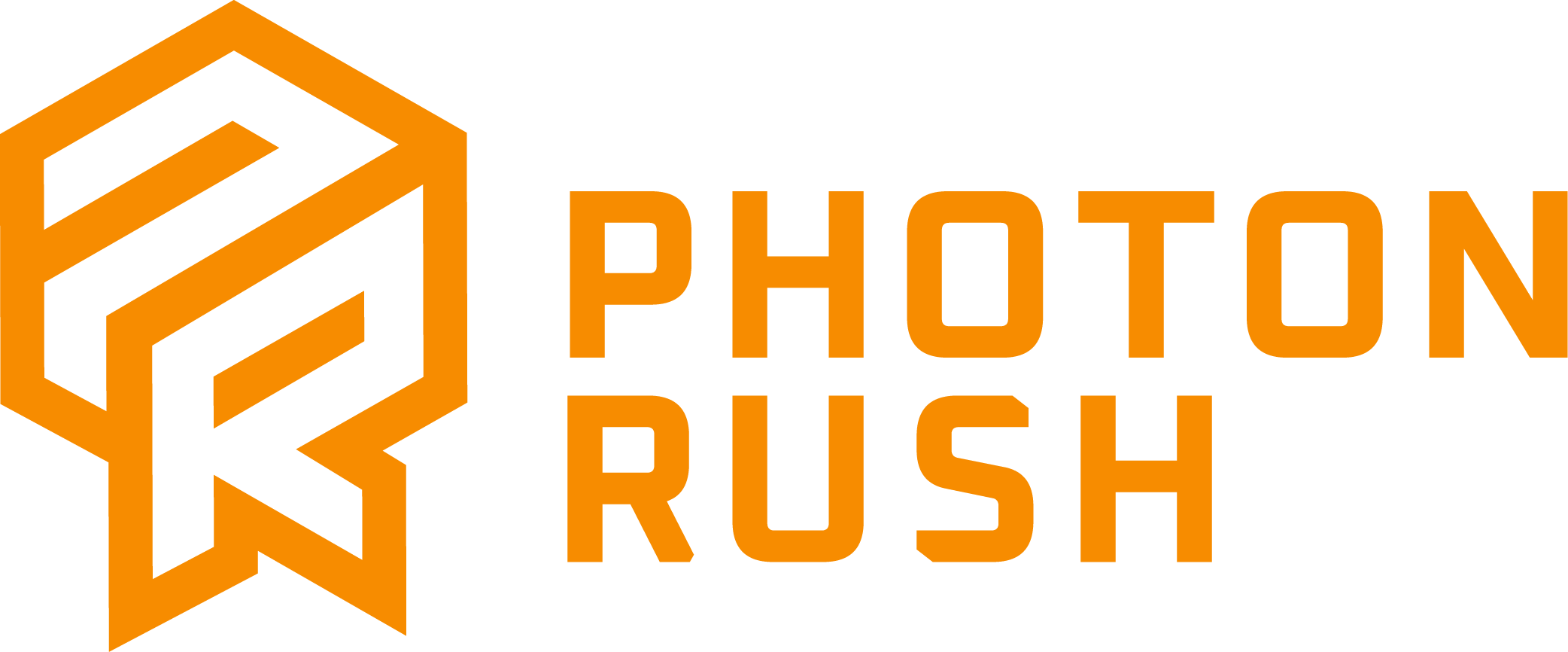Security Architect
About this job
Job type: Permanent
Experience level: Senior, Lead
Technologies
PowerShell AWS Azure
The Security Architect is responsible for designing, building, and maintaining the security infrastructure of the organization. This role ensures that all security measures are integrated into the overall technology infrastructure and that best practices are followed to protect the organization’s data, systems, and networks from cybersecurity threats. The Security Architect works closely with IT teams, business leaders, and other stakeholders to align security measures with business goals and regulatory requirements.
ESSENTIAL SKILLS:
Security Architecture: Strong understanding of security architecture principles and experience designing secure infrastructure for enterprise environments.
Threat Modeling and Risk Management: Expertise in threat modeling, risk analysis, and vulnerability assessments.
Technical Expertise: Proficiency with security technologies such as firewalls, SIEM, IDS/IPS, VPNs, encryption, IAM, and endpoint protection.
Network and Cloud Security: Deep knowledge of network security principles (firewalls, DMZs, etc.) and cloud security best practices for environments like AWS, Azure, and GCP.
Incident Management: Experience in creating and implementing incident response strategies and leading security incident investigations.
Compliance and Regulations: Familiarity with regulatory frameworks like GDPR, HIPAA, PCI-DSS, and how to ensure systems are compliant.
Collaboration and Communication: Ability to communicate complex security concepts to non-technical stakeholders and collaborate with cross-functional teams.
ROLES AND RESPONSIBILITIES:
Security Design and Architecture:
- Design and implement robust security architectures for IT systems, applications, and networks.
- Ensure that security controls are integrated into the development lifecycle and infrastructure from the beginning (security by design).
- Develop security frameworks and standards for the organization based on best practices such as NIST, ISO 27001, or CIS Controls.
- Collaborate with system architects and developers to ensure security is an inherent part of system and software design.
Risk Assessment and Threat Modeling:
- Conduct threat modeling and risk assessments to identify potential vulnerabilities in systems and applications.
- Develop strategies for mitigating identified risks, including creating detailed security policies, procedures, and technical controls.
- Stay up to date with emerging threats, attack vectors, and vulnerabilities to incorporate them into the organization’s risk assessment process.
Security Solutions Implementation:
- Select and implement security solutions, including firewalls, encryption protocols, identity and access management (IAM) systems, intrusion detection/prevention systems (IDS/IPS), and endpoint protection.
- Lead the deployment of tools such as Security Information and Event Management (SIEM), Data Loss Prevention (DLP), and network security technologies.
- Integrate security tools with existing infrastructure and automate processes to improve threat detection and response times.
Compliance and Regulatory Requirements:
- Ensure that security solutions comply with relevant legal and regulatory requirements such as GDPR, HIPAA, or PCI-DSS.
- Work with legal and compliance teams to ensure security policies align with business regulations and frameworks.
- Assist in audit preparations and ensure that all security controls meet audit and certification standards.
Incident Response and Forensics:
- Develop and maintain incident response plans to handle security breaches or threats efficiently.
- Collaborate with the security operations team and incident responders to ensure rapid identification, containment, and remediation of security incidents.
- Conduct post-incident analysis and forensic investigations to determine root causes and implement corrective measures.
Security Awareness and Training:
- Collaborate with HR and training departments to develop security awareness programs for employees.
- Train development and IT teams on secure coding practices, security monitoring, and other key security principles.
- Advise IT executives on security policies, risks, and mitigation strategies.
Technology Evaluation and Recommendations:
- Evaluate emerging security technologies and trends to recommend improvements to existing security infrastructure.
- Propose new security solutions to protect against evolving threats.
- Conduct regular security reviews and audits to identify gaps in the existing architecture.
Collaboration with Cross-Functional Teams:
- Work closely with network engineers, software developers, IT operations, and other relevant teams to integrate security at every layer of technology.
- Serve as the primary security advisor during the design and implementation of new projects, products, or systems.
- Provide guidance on security implications during system upgrades, migrations, or integrations.
QUALIFICATIONS AND REQUIREMENTS:
Education:
- Bachelor’s degree in Computer Science, Information Security, Information Technology, or a related field.
Experience:
- 5-7 years of experience in IT security roles, including at least 3 years in a security architecture or similar senior security role.
- Proven experience designing and implementing security solutions for large-scale enterprise environments.
- Experience with cloud security architectures (AWS, Azure, GCP).
- Hands-on experience with security technologies like firewalls, IDS/IPS, SIEM, DLP, encryption, and IAM systems.
Certifications:
- Relevant security certifications, such as Certified Information Systems Security Professional (CISSP), Certified Information Security Manager (CISM), Certified Ethical Hacker (CEH), or GIAC Security Expert (GSE).
- Cloud security certifications (AWS Certified Security, Azure Security Engineer) are a plus.
Preferred Qualifications:
- Expertise in DevSecOps and integrating security into CI/CD pipelines.
- Experience with Zero Trust security frameworks.
- Familiarity with security automation tools and scripting languages (e.g., Python, Bash, PowerShell).
Work Environment:
- On-call availability to address security emergencies.
- Ability to work in a fast-paced and dynamic environment with evolving security challenges.
- Some travel may be required for conferences, training, or vendor meetings.
BENEFITS:
- Competitive salary.
- Private medical insurance.
- On-site medical care.
- Agreements with healthcare professionals and universities.
- Access to an on-site gym.
- Professional development opportunities.
